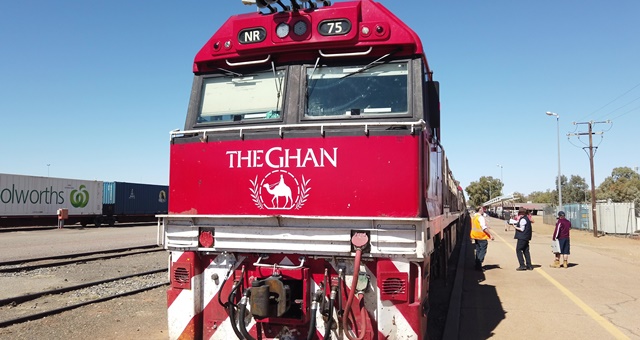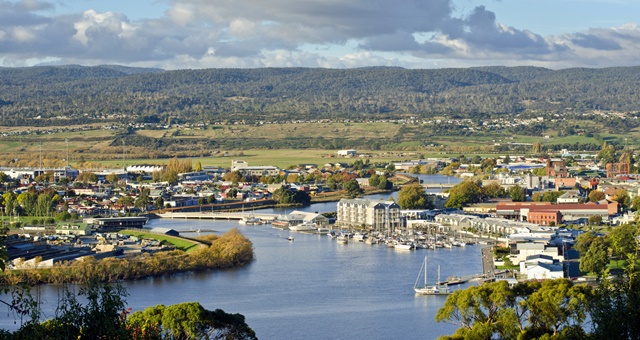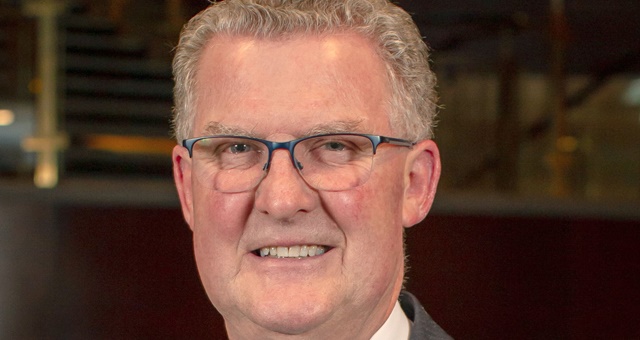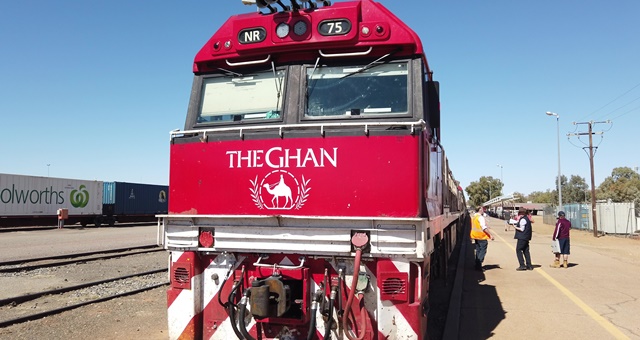
Government subsidised holiday schemes underway in Tasmania and the Northern Territory have been praised by Tourism Accommodation Australia National CEO, Michael Johnson, saying they are a great way to incentivise intrastate travel.
In Tasmania, residents are being encouraged to get out and see their own state, with the ‘Make Yourself at Home’ program launched by the state government to rebate eligible stays between 7 September and 1 December 2020 – including the Term 3 school holidays.

Under the program, Tasmanians can apply for either single, double or family vouchers for partial subsidisation of accommodation and tourism experiences anywhere in the state. Vouchers are valued at maximums of $150, $300 or $550 depending on the number of people in the travelling party. Costs up to the value of the voucher can be claimed back as rebates once a user has paid for the accommodation and attraction cost in full.
In the Northern Territory, the government is spending more than AUD$5.2 million via its ‘Never Have I Ever’ campaign, which includes a 26,000-strong voucher program valued at $200 each, which is available for Territorians to claim. These can be put towards a hotel stay, hire car, tour or fishing charter but must be matched by an additional spend to the same value.

Johnson called for other states and the ACT to follow suit with similar programs to encourage their residents to get out and travel within their backyards.
“These programs are a great way to stimulate intra-state tourism, they are good for accommodation hotels, tourism operators and the wider hospitality and visitor economy,” he said.
“They are not going to save our industry, but they may just bring us back from the brink, particularly in our suffering state CBDs and regions and allow us to keep trading and employing people until business returns to some form of normal.”

